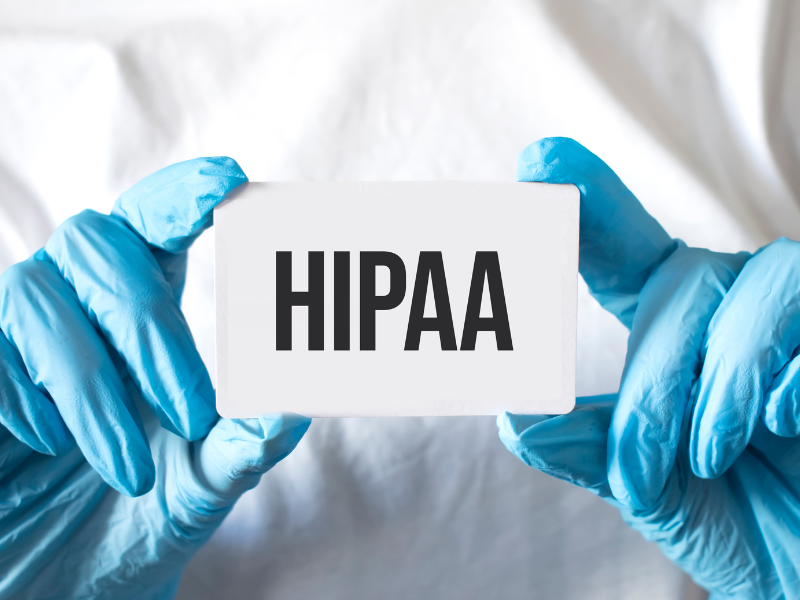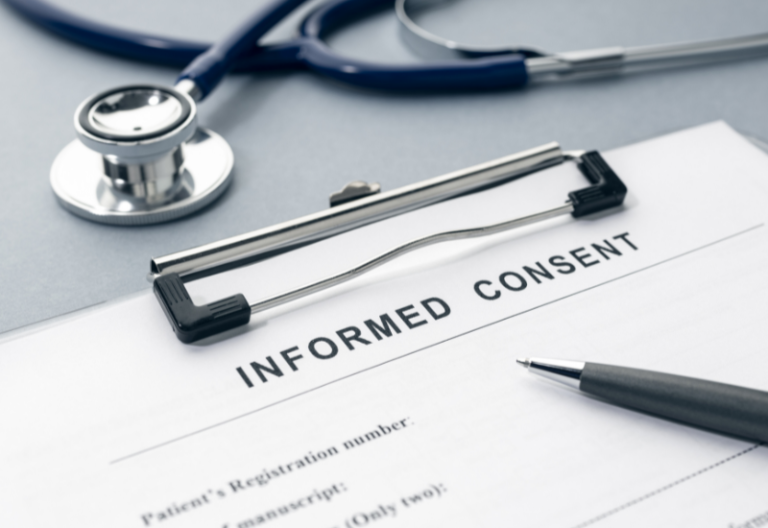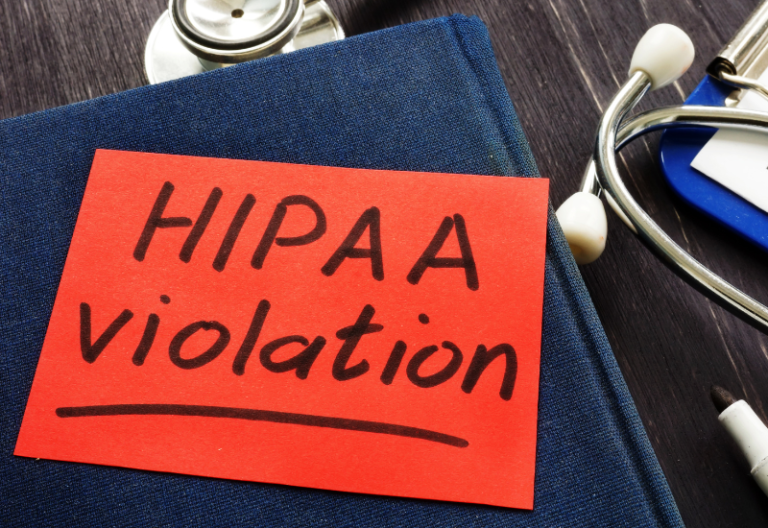The Health Insurance Portability and Accountability Act (HIPAA) aims to ensure patient privacy. Yet, there are many instances when this federal law’s regulations get misused or abused. Covered entities, business associates, and individuals have used the said federal regulation as an excuse to wrongfully withhold information.
When this happens, severe consequences may arise. So, when is HIPAA misused or abused? What are the common scenarios that lead to the exploitation of its regulations?
Follow along to gain a deeper insight into what can lead to the misuse or abuse of HIPAA.
Table of Contents
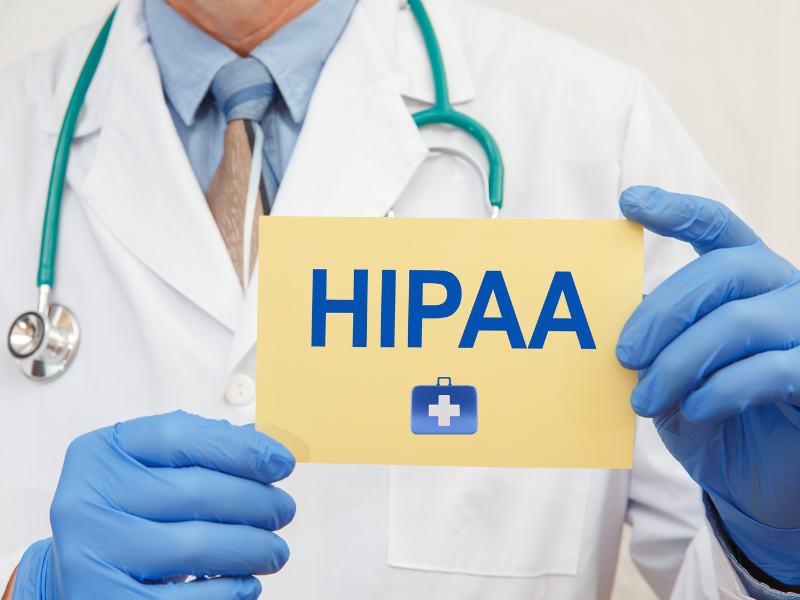
When Is HIPAA Misused or Abused?
HIPAA is misused or abused when its rules are twisted or misinterpreted for various reasons. Individuals who want to avoid disclosing information may use HIPAA as an excuse. In some instances, healthcare providers and private individuals withhold health information (PHI) because of a lack of knowledge or adequate training.
Why Is HIPAA Often Misunderstood?
HIPAA protects sensitive patient health information, including personally identifiable information (PII). However, the spread of misinformation has contributed to its widespread misunderstanding. Even politicians and public personalities play a role in perpetuating wrong mindsets about its rules and standards. Covered entities and business associates who are required to follow HIPAA also play a part in contributing to the misunderstanding.
The spread of misinformation and inadequate education makes it challenging for both healthcare professionals and the general public to grasp HIPAA’s intricate details. The result is a misperception that HIPAA restricts any inquiry about an individual’s health information.
How HIPAA Can Be Misused or Abused
Misunderstanding HIPAA can lead to undue distress for patients and their loved ones. Knowing when HIPAA is misused or abused will help us prevent HIPAA violations.
Here are some examples where healthcare providers, organizations, and individuals inadvertently invoke HIPAA to withhold information:
Unnecessary secrecy in healthcare settings
Healthcare providers may invoke HIPAA erroneously. In one case highlighted in a New York Times article by Paula Span, a resident’s absence led to concerns about her whereabouts and safety. However, staff refused to disclose information due to a misinterpretation of HIPAA. This situation resulted in unnecessary distress and confusion for the resident’s friend.
In the same article, a scenario reveals a similar case of staff lacking adequate HIPAA training. Ericka Gray’s mother was memory impaired, so she tried to provide her mother’s medical history over the phone to aid her treatment. However, the hospital refused, citing HIPAA. The misapplication of the law almost led staff to administer drugs the mother was allergic to. Fortunately, one nurse was willing to listen.
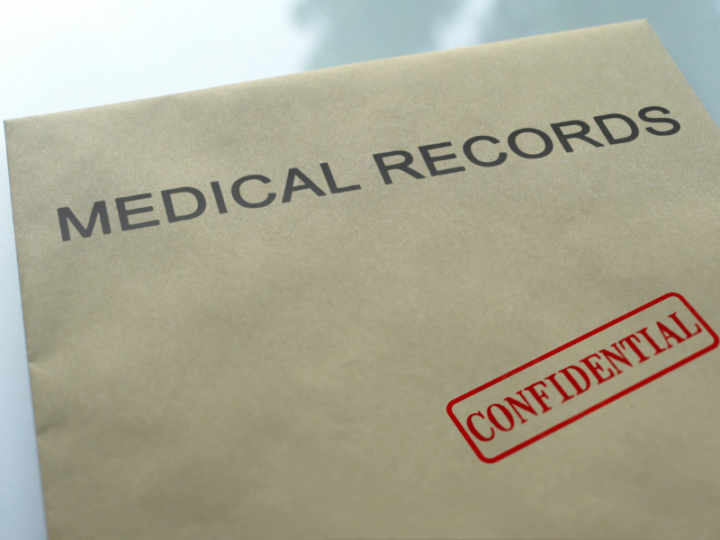
Inhibiting health information exchange during crisis
A New York Times article about how the HIPAA law works noted that even politicians can perpetuate HIPAA misunderstandings. Representative Marjorie Taylor Greene claimed that revealing her vaccination status during the COVID-19 pandemic violated her HIPAA rights. This misinformation misguides the public and overlooks the fact that HIPAA doesn’t apply to those outside the healthcare industry, let alone vaccination inquiries. Nothing in the HIPAA rules restricts asking about a person’s health, whether to know their vaccination status or for any other reason.
Misinterpretation of HIPAA also led to delays in releasing critical medical information during a shooting incident at Pulse Nightclub. As reported on CNN Health, Orlando Mayor Buddy Dyer sought a waiver of HIPAA so doctors could give updates on victims’ conditions. However, the Department of Health and Human Services (HHS) said this was unnecessary. HIPAA permits limited health information disclosure in emergencies, potentially avoiding unnecessary delays.
Misinterpretation in non-healthcare settings
Another example of HIPAA misinterpretation comes from situations outside of the healthcare industry. Paula Span‘s article mentioned that a minister wrongly explained that HIPAA prevented ailing parishioners’ names from appearing in a church bulletin. However, HIPAA only applies to covered entities, their business associates, and the subcontractors of business associates. This shows how misunderstandings about HIPAA’s scope can lead to unnecessary restrictions on information sharing.
Ethical Implications of HIPAA Misuse or Abuse
The repercussions of misusing HIPAA extend beyond legal matters. When healthcare professionals prioritize privacy over patient well-being, ethical dilemmas arise. Imagine a scenario where a caregiver’s attempts to share vital medical history are thwarted due to an incorrect interpretation of HIPAA. This impacts patient care and erodes the crucial bond of trust between patients and their caregivers.

How to Prevent HIPAA Misuse or Abuse
To mitigate HIPAA’s misuse, healthcare providers and organizations must advocate proper understanding and application of the law. Educating staff about the nuances of HIPAA and dispelling common myths is essential. Open communication within healthcare teams can prevent privacy concerns from overshadowing patient care.
Strategies to navigate the fine line between privacy and transparency include:
- Seeking patient consent when sharing information.
- Promoting ethical information sharing.
- Encouraging patients to be active participants in their healthcare journey.
Legal Consequences and Reporting
There may be legal consequences for those who knowingly and unknowingly misuse or abuse HIPAA. Patients have the right to report violations to regulatory bodies, prompting investigations and potential legal actions.
Penalties depend on the extent, nature, and intent of the violation. However, the primary goal is not punitive action but encouraging adherence to ethical and legal standards of safeguarding protected health information.
Avoid HIPAA Misuse or Abuse
Knowing when HIPAA is misused or abused is crucial in providing health care, especially in emergencies and other critical situations. Healthcare providers should provide HIPAA training to staff and get updated on current regulations from the HHS.
With a more precise grasp of HIPAA provisions, healthcare professionals can navigate the fine line between PHI privacy and information accessibility.



